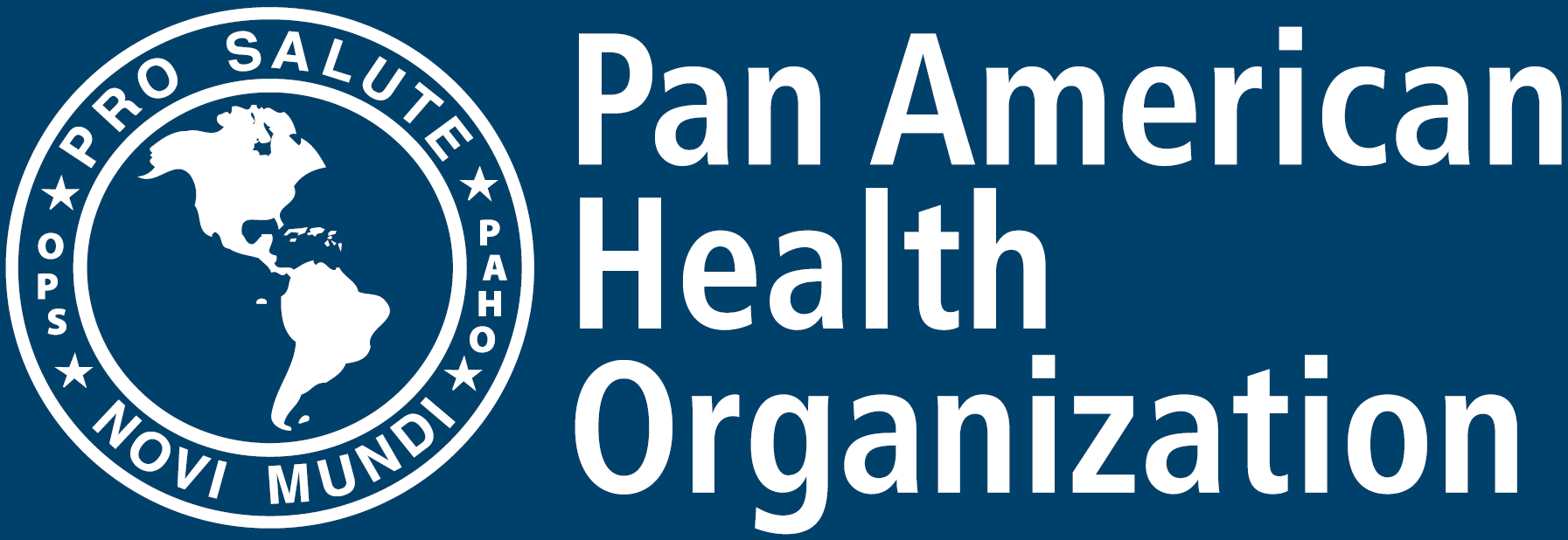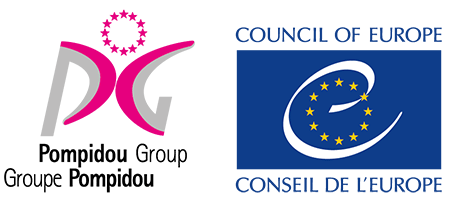The program focuses on advancing voluntary community-based services over compulsory treatment for individuals with synthetic drug use disorders. The initiative aims to enhance capacities, improve availability, ensure access, and elevate the quality of community-based services for people dealing with substance use issues. UNODC, together with the Ministries of Health, Drug Control Agencies and Civil Society will leverage the guidance documents and training toolkits for community-based treatment and care services to engage stakeholders constructively, through training, workshops, and dialogues to facilitate discussions on system strengthening, encompassing coverage, delivery, and service quality.
UNODC developed a guidance document and an accompanying training toolkit on community-based services for people who use synthetic drugs in Southeast Asia, and the training on the toolkit has been instrumental in capacity-building for service providers in the region. Updated in 2022, the toolkit now reflects recent situations and incorporates up-to-date recommendations.
Links to relevant materials;
Updated Version of CBTx Toolkit
International Standards for the Treatment of Drug Use Disorders
Quality Assurance For Drug Use Disorder Treatment
End Compulsory Drug Treatment in the Asia-Pacific Region
Compulsory Drug Treatment and Rehabilitation In East and Southeast Asia
UNODC has provided training and on-going technical assistance on community-based treatment and care services for people who use drugs in multiple countries across the region. Notably, the community-based treatment and care services materials have been incorporated into the health systems and policies of several countries in the region and UNODC has supported the implementation of the community-based treatment programs in Lao PDR and Thailand.
With the updated training toolkit, UNODC intends to further its technical support in capacity building as well as system strengthening.
- Regional Training Utilizing Updated Toolkit: Training on community-based services for people who use drugs including amphetamine type stimulants and other synthetic drugs, utilizing the updated training toolkit, contributing to capacity building and knowledge enhancement among stakeholders.
- Development of Self-Learning Online Module in languages from within the region: Creating online modules in languages from within the region. This aligns with capacity building efforts and ensures wider accessibility to training resources derived from the updated toolkit.
- Engagement with National Stakeholders for System Strengthening: This activity emphasizes system strengthening by involving national stakeholders in integrating community-based treatment and care services into primary health care systems, aligning with the initiative's objectives.
- Community-led Outreach Interventions: Supporting civil society organizations to ensure effective reach and promotion of the health services.
- Supporting Evaluation of Community-based Services in Thailand and Lao PDR: Evaluation activities in these countries contribute to assessing the effectiveness and impact of community-based services, providing insights into the program's success and areas for improvement.
- Convene a regional technical consultation with countries advocating for a removal of forced drug treatment and a promotion of voluntary, evidence-based measures for addressing synthetic drug use.
- Contribute to the advancement of global and regional knowledge concerning the treatment of substance use disorders with a particular focus on synthetic drug use disorders.
- Enhance the global and regional understanding and implementation of effective treatment methodologies for substance use disorders, contributing to improved treatment outcomes and strategies.
- Improved knowledge and skills of service providers in treatment and care of people with substance use and substance use disorders measured by pre- and post test evaluation.
- Contribute to evidence of effective low threshold outpatient services for people affected by drug use and dependence.
- Increased interest in non-stigmatizing health and social services for people who use synthetic drugs reached through engagement with community-led organizations.
- A minimum of 10% increase in the utilization of voluntary community-based services by individuals who use synthetic drugs, demonstrating enhanced accessibility and engagement.
Current State Participation
Cambodia, Philippines, Vietnam, Indonesia, Lao PDR, and Thailand are currently cooperating with UNODC in improving the availability and access of the community-based treatment and care services for people with drug use disorders.
The primary partners for this work are the Ministries of Health, the Drug Control Agencies and the Civil Society Networks in the region.
Benedikt Hofmann, Deputy Regional Representative, United Nations Office on Drugs and Crime, Regional Office for Southeast Asia and the Pacific. Email- benedikt [dot] hofmann [at] un [dot] org (benedikt[dot]hofmann[at]un[dot]org)




